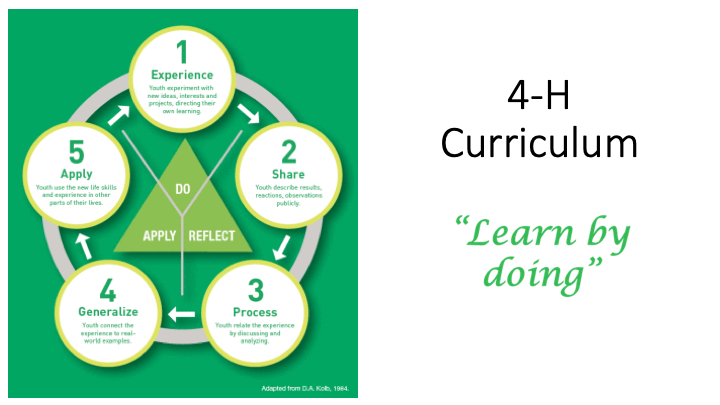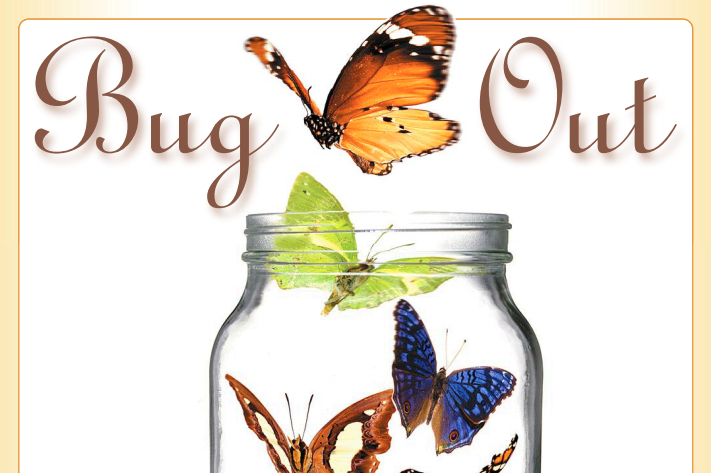Lee County Entomology Programs
go.ncsu.edu/readext?720812
en Español / em Português
El inglés es el idioma de control de esta página. En la medida en que haya algún conflicto entre la traducción al inglés y la traducción, el inglés prevalece.
Al hacer clic en el enlace de traducción se activa un servicio de traducción gratuito para convertir la página al español. Al igual que con cualquier traducción por Internet, la conversión no es sensible al contexto y puede que no traduzca el texto en su significado original. NC State Extension no garantiza la exactitud del texto traducido. Por favor, tenga en cuenta que algunas aplicaciones y/o servicios pueden no funcionar como se espera cuando se traducen.
Português
Inglês é o idioma de controle desta página. Na medida que haja algum conflito entre o texto original em Inglês e a tradução, o Inglês prevalece.
Ao clicar no link de tradução, um serviço gratuito de tradução será ativado para converter a página para o Português. Como em qualquer tradução pela internet, a conversão não é sensivel ao contexto e pode não ocorrer a tradução para o significado orginal. O serviço de Extensão da Carolina do Norte (NC State Extension) não garante a exatidão do texto traduzido. Por favor, observe que algumas funções ou serviços podem não funcionar como esperado após a tradução.
English
English is the controlling language of this page. To the extent there is any conflict between the English text and the translation, English controls.
Clicking on the translation link activates a free translation service to convert the page to Spanish. As with any Internet translation, the conversion is not context-sensitive and may not translate the text to its original meaning. NC State Extension does not guarantee the accuracy of the translated text. Please note that some applications and/or services may not function as expected when translated.
Collapse ▲PROGRAM OVERVIEW
4-H Entomology School Enrichment is a program offered through Lee County 4-H and N.C. Cooperative Extension. Whether using an NC 4-H scripted curriculum or inviting a guest to supplement your existing curriculum our mission is to provide high-quality experiential learning opportunities. We have master gardeners, area specialists, and experienced agents to assist you with your programming needs.
Below you will find a sampling of how we can join forces in this newly virtual world. Some of these were developed for in-person programming and some are virtual. With combined creativity we can support your classroom as restrictions are ever changing.
The Busy World of Bees – First Grade – This curriculum is crafted to engage youth in celebrating bees and their pollinator allies and build an understanding of the benefits that bees and other pollinators provide to humans. In a series of seven lessons, youth will discover that the bee is one of nature’s wonders. Youth will learn that native bees and the European honey bee, help produce delicious and healthy food that humans have been eating for millenia. From the crunch of a fresh apple, to the dribble of watermelon juice, nearly one out of every three bites we eat are dependent on bee pollination. Youth will consider the needs of bees including air, water, light, shelter (nest or hive), and food sources (nectar and pollen) as they explore specific examples of how the environment provides a habitat for honey bees and native pollinators. They will also evaluate the essential structures of bee anatomy and determine how these functions support growth and life cycle development. Bee behavior provides a captivating platform for active learning. Youth will conduct game play and learn dances to mimic how the honey bee shares information, forages for food, and pollinates plants. They will identify basic components of bee homes and explore the role that each bee has to promote a productive and diverse ecosystem. Youth will learn the difference between
solitary and social bees and understand the different life cycles of each kind of bee. Youth will also explore the diversity and differences within habitats and garner further understanding of what honey bees, native bees and other pollinators need to grow and thrive. Youth will build a realization that pollinators need our help. This curriculum concludes with an overview and call to action of how humans can support healthy habitats for bees and their allies. Youth will be given opportunities to learn how to plant a pollinator garden, provide nesting habitats, and strategically manage our insect friends.
Hive Helpers – 4th Grade – Every spring and summer, youth and adults alike enjoy sweet-smelling flowers and listening to the buzzing sound that comes from the rapidly beating wings of busy bees. Through a series of seven lessons and multiple experiential activities, youth will learn how critical bees are to our agricultural industry and native ecosystems. They will explore different types of bees, their structures, and functions, how they forage for food, pollinate plants, and the ways bees share information. Youth will study native bees and the honey bee and discover the significant role they play in the production of delicious and healthy food that humans have been eating for centuries; such as apples, blueberries, cherries, watermelons, almonds. Through hands-on and engaging exploration of habitat differences and diversity, youth will understand what honey bees, native bees, and other pollinators need in order to thrive. From creating a pollinator garden to building mason bee homes, youth will realize the importance of pollinator stewardship and ways they can support strong and vibrant ecosystems for pollinators. The curriculum concludes with an overview of how people can help bees. Youth will learn how to provide nesting habitats, use best management practices in beekeeping, and building native bee homes. To share and engage others in caring about bees, youth will create an awareness campaign. Read more>>
Pollinator Garden Tours
Bug Out – intended for elementary students is series of insect-based activities that emphasize experiential, hands-on learning. The goal of Bug Out is to increase understanding and appreciation of insects and to reduce fear of insects. Bug Out
also stimulates thinking ability, develops communication skills, and promotes positive social interactions. This will provide a fun, positive learning situation for young people, when you follow the Bug Out lesson plans. Most of these activities are best done during the summer or fall when insects are most common and active out-of-doors. STANDARDS: 2.L.1.1 Summarize the life cycle of animals including: Birth. Developing into an adult. Reproducing. Aging and death. 2.L.1.2 Compare life cycles of other animals such as mealworms, ladybugs, crickets, guppies, or frogs.
Explore Outdoors – A virtual self-paced curriculum developed specifically for at-home programming when in-person summer camps became impossible. Explore Outdoors is a fun way to learn about the environment right in your own nature patch – farm, suburbs, or city – it all counts! You can meet scientists and add your discoveries to a real environmental science database!
PROGRAM OBJECTIVES
- Increase student knowledge through hands-on learning opportunities in areas of science and math
- Provide experiential learning and exploration of the natural world
- Students will demonstrate skills and knowledge mastered from this experience
METHODOLOGY AND EVALUATION
All 4-H Curriculum employs the experiential learning model, encouraging self discovery, reflection, and application to other areas in life. Evaluations are important for impact reporting and most 4-H curriculum have brief but required pre and post tests to measure results.

TRAINING
Curriculum requiring training uses a train the trainer model and will be virtual.
STANDARDS
See each individual curriculum descriptions or request more information.





